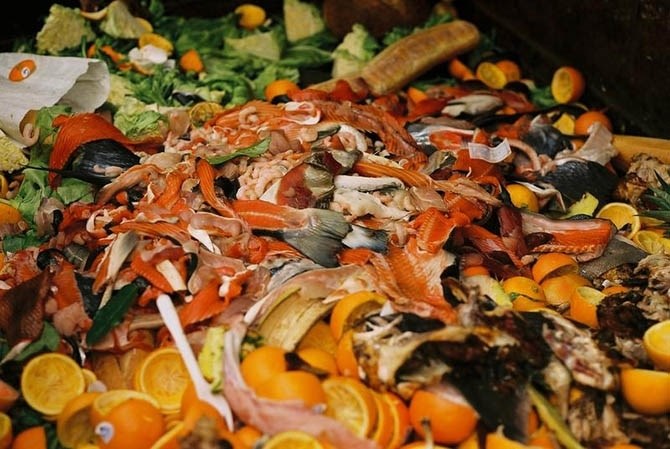
Composting at the Summerland landfill might no longer be a possiblity, but the issue over what to do with food waste hasn't gone away in the regional district.
Image Credit: SUBMITTED
November 18, 2017 - 9:58 AM
PENTICTON - Summerland Mayor Peter Waterman’s latest attempt to have his council look at building a composting facility may have failed, but that doesn’t mean the issue is going away.
The mayor brought the issue back to the table for discussion earlier this week but it was once again scuttled without debate.
The issue has become one of the “not in my back yard” variety. But if there is no political appetite for a composting facility in the regional district, alternatives could end up being quite a bit more expensive for the taxpayer in the longer term.
Regional District of Okanagan Similkameen solid waste coordinator Cameron Baughen says although the province has not decreed food waste be diverted from landfills, they do ask regional governments to look at it when doing solid waste planning.
“One of our biggest issues here in the Regional District of Okanagan Similkameen is the fact that all our landfills with the exception of the Summerland landfill are unlined," he says. "That means we have the potential to generate leachate from food waste, and cannot easily build landfill gas capture systems."
Baughen notes the Campbell Mountain landfill could save $15 million dollars if it can avoid installing a gas capture system, which is a provincial requirement for that landfill. If food waste and soiled paper isn't dumped there, the regional district could dramatically reduce landfill emissions.
Eliminating food waste from Kelowna and Vernon landfills are not as high on the priority list as they have already installed gas capture systems although they too are looking at removing organics. In the Thompson and Kootenay valleys some food waste is being diverted in Salmon Arm and Grand Forks.
Composting can generate carbon credits in addition to producing high quality compost, Baughen says. Removal of food waste can also potentially extend the life of the landfill through the reduction in space taken up by the waste.
“We need to continue to inform the public of these alternatives and their potential benefits, because we are looking at the total cost of a landfill measured over its entire life. The potential savings over that lifespan can be measured in the hundreds of millions of dollars,” he says.
To contact a reporter for this story, email Steve Arstad or call 250-488-3065 or email the editor. You can also submit photos, videos or news tips to the newsroom and be entered to win a monthly prize draw.
We welcome your comments and opinions on our stories but play nice. We won't censor or delete comments unless they contain off-topic statements or links, unnecessary vulgarity, false facts, spam or obviously fake profiles. If you have any concerns about what you see in comments, email the editor in the link above.
News from © iNFOnews, 2017